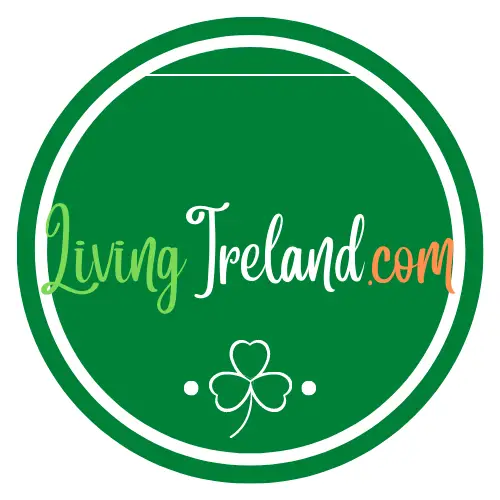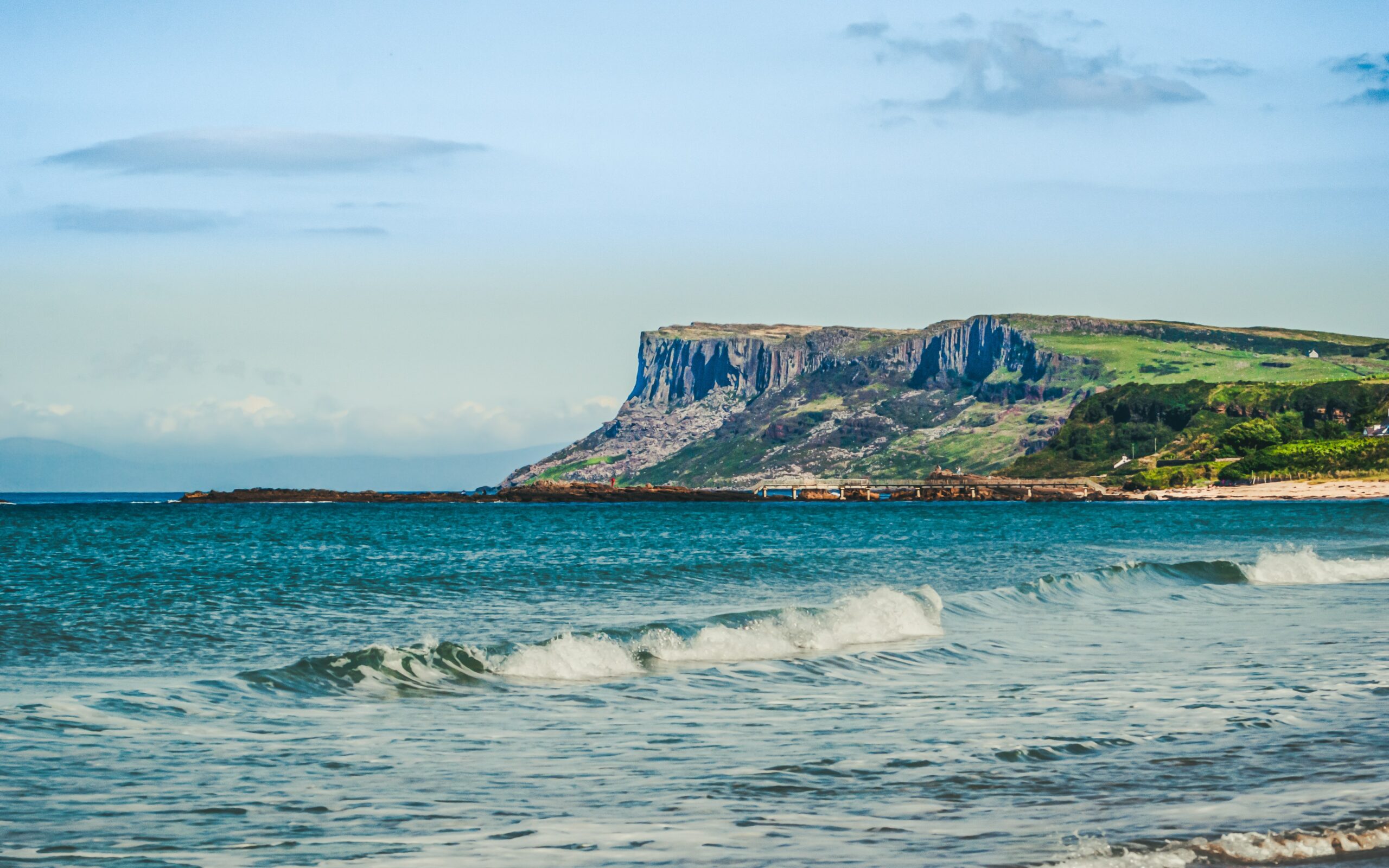If you’ve ever visited us here in Ireland or you’re planning to visit and done some research about where you’d like to go, you’ll have undoubtedly noticed that we have what feels like hundreds of towns and villages beginning with ‘Bally’.
If you’re curious as to what and why, we’re going to delve deeper into the meaning of Bally and provide you with everything you need to know about what it means in Irish.
What does ‘Bally’ Mean in Irish?
So now we’ve provided you with some background into other cultures it’s time to reveal the actual meaning of Bally.
Quite literally, the meaning of Bally translates to ‘place of’ and is an extremely common prefix to town names here in Ireland.
Where does ‘Bally’ come from?
There is a very simple explanation where Bally derives from, and it can be traced back to the Irish (Gaelic) phrase ‘Baile na’, which means ‘homestead’ or ‘town’.
How many places in Ireland contain the prefix ‘Bally’?
Quite astonishingly there are over 5,000 places in Ireland that contain the prefix Bally, which is quite remarkable, and you will struggle to visit here without going to one!
A cross-country road trip, or even a simple drive between two nearby towns or cities will most likely see you crisscrossing between multiple Bally-something or others.
If you compare this to the “Aber” prefix in Wales (which we’ll discuss later) there are only about 80 of these in a not too dissimilar sized country, so you can easily see how popular Bally is here on the Emerald Isle.
Popular towns containing ‘Bally’:
It’s only fair that after we’ve explained all about the meaning of Bally, we provide you with some information on towns across the country that actually contain the prefix.
Interestingly, for whatever reason, the main cities across the island don’t contain the name. When visitors think of Ireland, they naturally think of Dublin, Cork, Galway, Belfast, Limerick, Derry etc…
But here’s just a random selection of Bally’s from across the island:
- Ballycastle: Located along the north coast in County Antrim, is a small town famous for Fairhead, the imposing cliff you can see in this article image.
- Ballycarney: We’re heading to the south-east now for Ballycarney, located in the province of Leinster. It’s a small village that sits on the River Slaney and is home to All Saints Ballycarney Church of Ireland chapel.
- Ballyedmond: Located again in the south-east, is the small town of Ballyedmond, which is home to just over 100 people.
- Ballyleague: Is more centrally located and is often referred to as Lanesborough-Ballyleague due to it being divided by the River Shannon. Dublin is around 130km to the East and will take around 1 hour 45 minutes to get there in a car. It’s home to around 1,500 people and is well known for sport fishing.
- Ballymurphy: is a small area in Belfast and unfortunately is infamous for the Ballymurphy Massacre during The Troubles, which saw 9 civilians killed between 9-11 August 1971.
- Ballyshannon: Is one of the oldest towns in Ireland and sits in County Donegal, 2 hours east of Belfast, however, near to the Northern Ireland border. Home to just over 2,500 people is has an interesting history and can be traced back to the Neolithic period.
- Ballyjamesduff: Is located near the boarder and is a couple of hours away from Belfast by car. It has a population of just over 2,500 people and 35% of the population were born outside Ireland. Balleyjamesduff is also home to some notable places, including Cavan County Museum, The Market House, and St Joseph’s Town Hall.
As you can see from the small sample of place names we have provided, the term Bally is used across a variety of place names across the island.
“Bally” and Place Names in General
We thought it’s interesting to note that this structure isn’t unique to Ireland.
The term “Bally” does appear to be fairly unique to the Emerald Isle, but the use of regular naming conventions is common around the world. Our neighbours in England, Scotland and Wales use similarly common naming styles.
In Scotland common examples include “Kirk” which derives from “church” and “Aber” which means “river mouth”.
In Wales there are plenty of places that also contain the word “Aber”, for example, Aberystwyth, Aberteifi, Abercynnon, and again it literally means “mouth of” or “river mouth”, and is used to indicate the position a town’s location at the end of a river.
You’ll also see such examples in England in the form of “pool” or “borough” and these are examples you’ll have come across frequently.
We hope that sheds a little light on the term Bally and why it appears in so many place names across Ireland.
We think it’s fascinating that there are so many places that incorporate the prefix Bally into their name and the fact that it is used for towns and places of all sizes.

